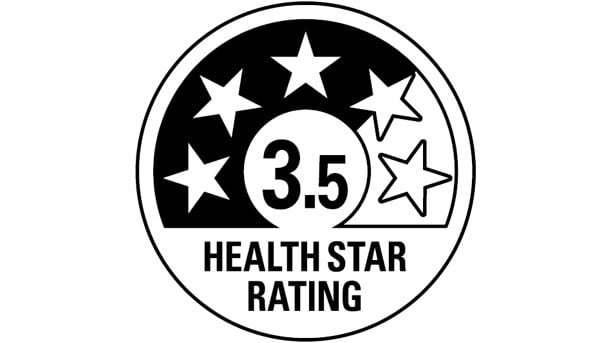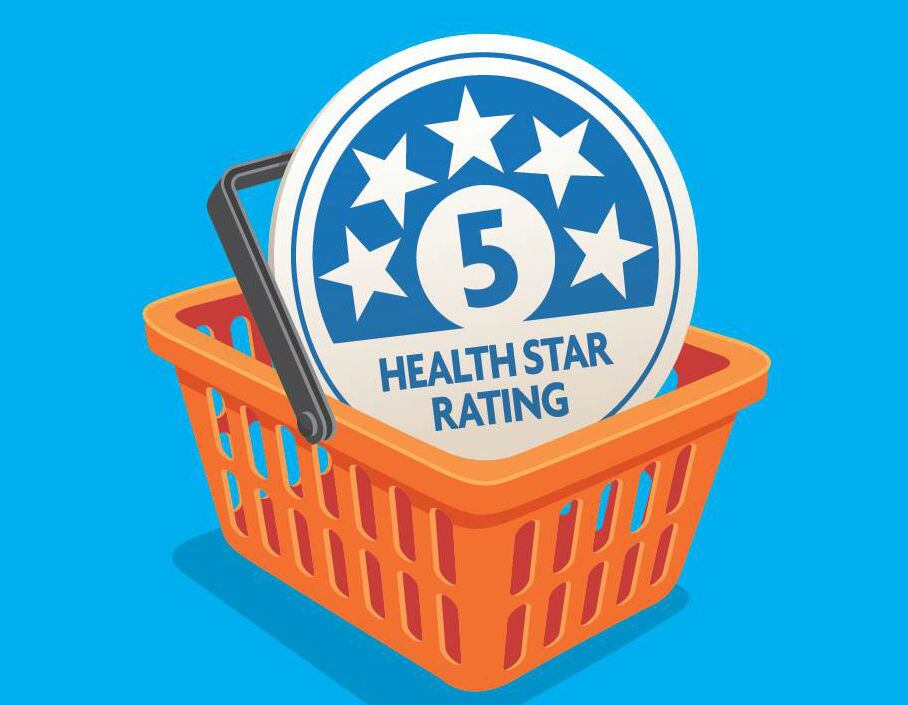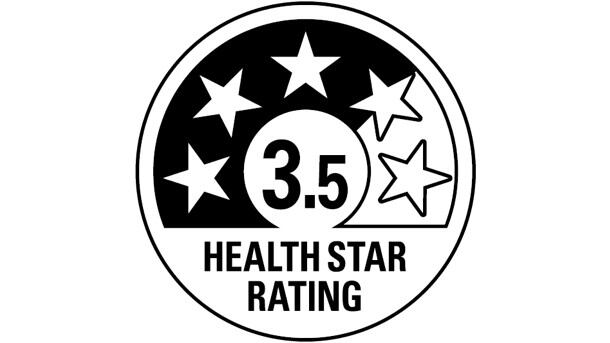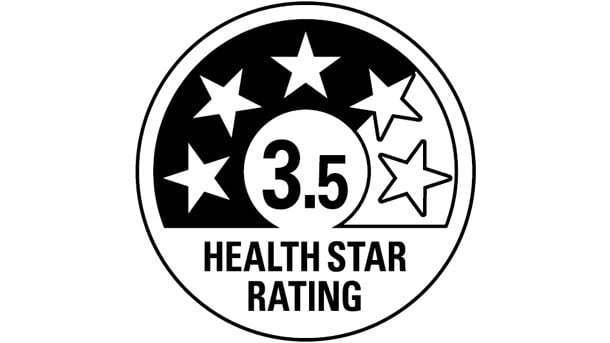The study was conducted by the Deakin University Global Obesity Centre as an audit covering over 1,500 foods spanning the period of a year.
The audited food products were classified as ‘core’ foods (necessary for a balanced diet) and ‘discretionary’ foods (all other, non-essential ‘junk’ foods) based on the Australian Dietary Guidelines and according to their Health Star Rating (HSR) scores.
The specific supermarket was not named, but described as the ‘largest Australian supermarket chain’.
According to Roy Morgan data as of April this year, Woolworths had 34% of Australia’s grocery market share, with closest competitor Coles on 27.6%.
On average, some 28.8% of discretionary foods were price promoted during a given week. This was almost double the number for core foods which came in at just 15.1%, according to the study.
“Average discounts were –15.4% for core products and –25.9% for discretionary products,” added the authors.
In terms of HSR scoring, foods with very low HSR scores of 0.5 and 1 to 1.5 saw the largest average price discounts at -26.2% and -27.6% respectively, whereas foods with a HSR of 5 only saw an average price discount of -12.9%.
“The percentage of products on price promotion and the size of the discount were larger for products with a lower Health Star Rating,” the study stated.
According to senior author Associate Professor Adrian Cameron: "Most people know in general what food is good for them, but the marketing of unhealthy food pushes hard against that knowledge and is one of the reasons poor diets and obesity remain so prevalent."
"More than two-thirds of all the food we eat is bought from a supermarket, so we desperately need these stores to be encouraging healthy eating if we want to have an impact on obesity as a country,” he said via a formal statement.
Same patterns seen for sugar-sweetened beverages
In a separate Global Obesity Centre study, a similar pattern was seen for beverages sold in Coles and Woolworths supermarkets, where sugar‐sweetened beverages (SSBs) were found to be the most heavily price-promoted type of drinks.
Here, the authors evaluated 971 beverages across 50 weeks, and categorised these into four ‘policy‐relevant’ categories: Sugar‐sweetened beverages, Artificially‐sweetened beverages (ASBs), Flavoured milk and 100% juice, and Milk and water.
It was found that Coles and Woolworths had price promotions for 26% and 30% of all their beverages in any given week, of which SSBs made up the greatest proportion for both supermarkets: 46% in Coles, and 49% in Woolworths.
This was followed by Flavoured milk and 100% juice (Coles: 27%, Woolworths: 22%), ASBs (Coles: 16%, Woolworths: 18%) and Water and plain milk (Coles: 11%, Woolworths: 10%).
Study lead author Christina Zorbas said: “Evidence-backed proposals like a sugar tax, which is being implemented around the world, can be easily undermined if sugary drinks continue to be discounted so heavily by supermarkets.
“This shows just how important it is to think about changing things like price promotions to encourage shoppers to buy healthier drinks instead.
"Discounts on unhealthy food and drink warrant serious attention as part of a comprehensive strategy to promote healthy diets and reduce obesity.”
Regulatory control of retail promotions
The study recommended that government policies be implemented to ‘reduce the prevalence and magnitude of price promotions on discretionary foods’ as a measure to improve the ‘healthiness’ of supermarket-retailed foods.
"No countries have restricted specials on less healthy food so far, but the UK government recently proposed policies to do this. It may be that government intervention is crucial so that there's a level playing field for all retailers," said Associate Professor Cameron.
"Policies to reduce the number and size of price discounts on junk food could improve the healthiness of food purchased from supermarkets. This is particularly important in Australia where evidence shows we have one of the world's biggest cultures of supermarket specials."





